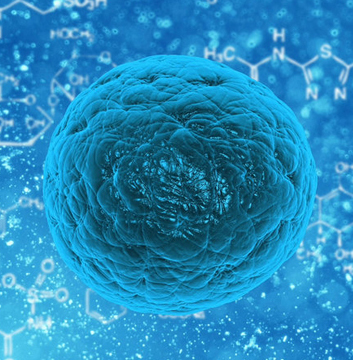
A type of aggressive blood cancer could be made more sensitive to chemotherapy using an antibiotic currently available to treat diarrhoea, according to new research published today in Science Translational Medicine.
Funded by Cancer Research UK and Blood Cancer UK, the study looked to tackle a specific type of acute myeloid leukaemia (AML) that contains a genetic change known as MLL, by investigating the disease’s origins. This type of leukaemia, often referred to as MLL-AML, has a particularly poor prognosis as it quickly becomes resistant to the standard chemotherapies used to treat it. Tackling this resistance is a major challenge in successfully treating the disease, as it can leave patients with no other options.
Michelle Mitchell, chief executive of Cancer Research UK, said: “Resistance to treatments is one of the biggest challenges facing cancer research, and learning that there are no other treatment options is understandably one of the worst things a patient could hear.
This research demonstrates how unpicking the biology of cancer can lead to surprising discoveries, and that we may have a vast array of drugs already out there that could help boost the effects of current treatments.”
